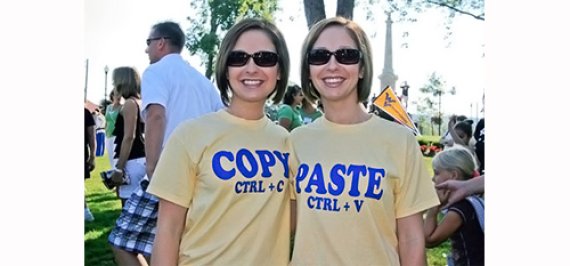After all the fuss about VU economist Peter Nijkamp, the KNAW appointed a ‘citations committee’ earlier this year. The celebrated professor had been accused of ‘self-plagiarism’: reusing pieces of text and research results from previous publications of his own, without acknowledging his source. He is also said to have neglected to cite his co-authors in references to earlier work. The investigation into the accusations is still going on.
One thing quickly became clear: the concept of ‘self-plagiarism’ sowed a lot of confusion. What is acceptable, then, and what is not? Whatever the case, we should drop the term ‘self-plagiarism’, concludes the committee in its advice. The term wrongly implies there has been a case of serious academic misconduct, whereas you cannot really plagiarize yourself. Instead, the committee talks about ‘reusing’ your own material.
The committee gives examples of acceptable reuse, but flags up a few grey areas as well. The committee makes no claim to have ‘cleared up all the problems’. For the sake of clarity on these matters, the Dutch code of conduct on academic practice needs an update, because says nothing about the rules for reusing material.

